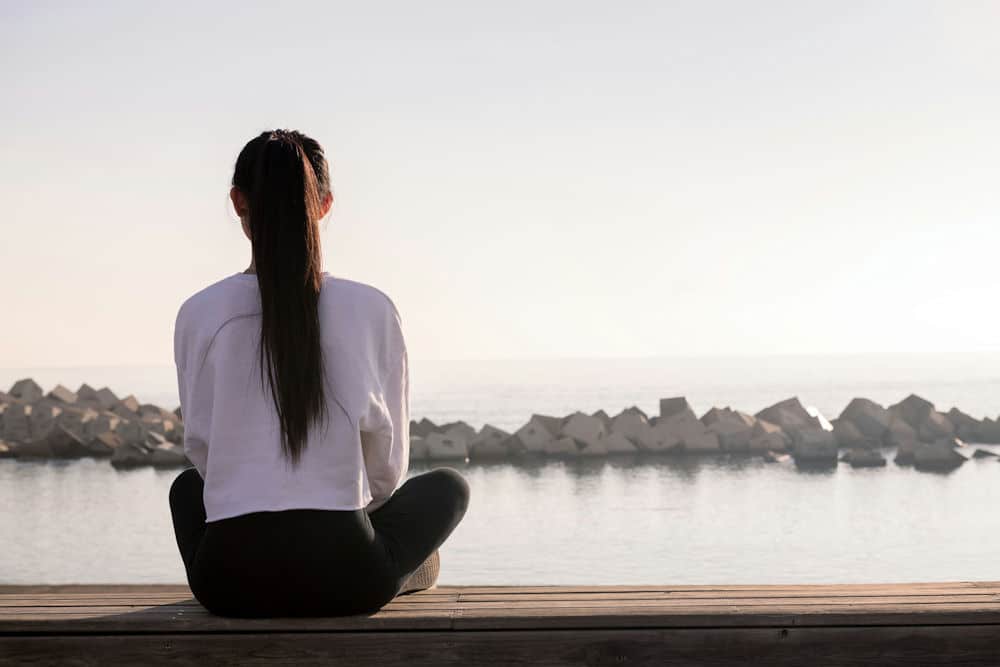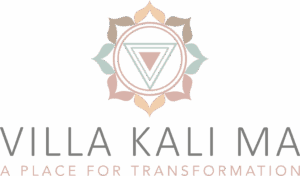
What Is the Connection Between Sexual Abuse and Addiction?

Sexual violation is extremely damaging to the psyche. It shatters the mental, emotional, and physiological lives of its targets. There is a strong correlation between the tragedies of sexual violence and addiction.
In situations where unwanted sexual activity takes place, such as sexual abuse or assault, the perpetrator is often acting under the influence of drugs and/or alcohol. Alcohol and other drugs create a disinhibited state, wherein sexual and aggressive urges, and latent tendencies towards acting out one’s damage on others, are not able to be kept in check.
Once someone has been the victim of abuse or assault, they are also likely to find themselves using drugs and alcohol to cope with the aftermath. This is part of the abuse cycle. The intense feelings of shame, violation, fear, rage, guilt, and unworthiness that follow from abuse and assault are extremely difficult to cope with and require psychological help to heal from.
Most victims do not get help in time and are psychologically fragmented or deeply wounded by these experiences.
In the case of sexual assault, many victims may be under the influence themselves during the events as well, as drug and alcohol use often places people in unsafe, illegal, or otherwise risky situations, including sexual encounters in unknown locations or with unknown people.
Statistics of Sexual Abuse and Addiction in California
Formal studies on sexual abuse and addiction in the State of California specifically are limited, but loose inferences may be drawn from comparing findings on the prevalence of substance abuse statewide.
The California Health Care Foundation’s 2022 study on Substance Use in California found that:
- Death by fentanyl overdose in California has increased tenfold since 2015
- Emergency room visits due to non-heroin opioids and amphetamines had increased by 50% in 2 years (2018-2020)
- The number of facilities offering residential treatment for substance abuse, and the number of hospitals offering inpatient care for substance abuse, increased by more than 50% between 2017 and 2019
A University of San Diego study comparing sexual assault and sexual harassment in California to the national average reports that California has a higher rate of sexual assault and harassment than the rest of the nation.
RAINN, an organization that tracks incidences of sexual abuse and assault, shares the following statistics in its section about children and teens, nationwide:
- Child Protective Services found that almost 60,000 children were victims of sexual abuse in one year alone
- One in 9 girls and 1 in 20 boys experience sexual abuse or assault, under the age of 18
- 82% of all sexual abuse victims under the age of 18 are girls
- Girls in the age range of 16-19 years old are 4 times more likely to be victims of sexual assault than the rest of the population
- Of all victims of sexual abuse under the age of 18, one out of 3 victims is under the age of 12
- Victims of childhood sexual abuse know the perpetrator about 90% of the time, and 30% of the time the perpetrator is a family member
- Victims of sexual abuse are 4 times more likely to develop symptoms of a substance abuse disorder, 4 times more likely to qualify for a diagnosis of Post Traumatic Stress Disorder, and 3 times more likely to experience a major depressive episode as adults
A study of the prevalence of physical and sexual abuse among substance abuse patients and its impact on treatment outcomes stated as their starting premise that “two-thirds of all women and over a quarter of all men entering addiction treatment report a history of sexual or physical abuse”. The same study says “Prior physical or sexual abuse is associated with more severe alcohol, drug, medical, family/social, legal and employment problems, as well as psychiatric issues such as depression, anxiety, phobias, and interpersonal difficulties.”
A comparative study published in 2002 concluded that individuals who have a background of having been abused could need a higher intensity of care and longer treatment times due to the negative impacts of abuse on their ability to recover.
What Are Common Emotions Intertwined With Sexual Abuse and Addiction?
The emotions that go along with sexual abuse and addiction are characterized by a pattern of alternating experiences of “trauma-flooding” and avoidance.
Addiction represents an attempt to cope with and avoid triggering, overwhelming influxes of traumatic memories, including the terror, shame, guilt, fear, powerlessness, and despair that the perpetrator introduces to the psyche of the victim through severe violation of natural boundaries.
The psyche employs several methods of defense to avoid being in a state of such overwhelming distress at the conscious level. It is very common that an abuse survivor will subconsciously use psychological strategies like numbing, dissociating, developing multiple compartmentalized personality states, and even forgetting what happened (at the level of the conscious mind).
Addiction is part of this pattern of avoidance and suppression. Therefore many abuse victims do not consciously realize what the source of their addiction is, because it is covering up painful traumas and memories that are too terrible to cope with.
It is important that anyone with a background of abuse or assault understand how incredibly damaging these violent acts were, and how much help is deserved and needed to get out from the “eternally returning nightmare” state created by the damage.
It is also important for women to understand that the chances of some kind of sexual or physical abuse, or other form of adverse childhood event, being the real reason for turning to substances in the first place, is relatively high. As shared above, it is estimated that two out of three women who seek treatment have been abused also.
What Treatment Options Are Offered at Villa Kali Ma for Women With a Background of Addiction and Sexual Abuse or Assault?

Villa Kali Ma is a unique program tailored specifically to women who have a background of substance abuse, mental health problems, and/or trauma.
The reason we offer these three forms of treatment together is that they are almost always intertwined! We can’t tell you how many times we have uncovered the degree to which sexual trauma explains the reason a woman “needs” her drugs or alcohol to cope.
It is a mistake to think that your addiction, your self-destructive behavior, or your mental illness is happening because of something you did wrong, or something that’s wrong about you.
There is something wrong, but what’s wrong is not you. It is a signal that something bad, unnatural, violent, neglectful, exploitative, or damaging took place and you were affected by it then, and you’re still affected by it now.
Maybe there was an active perpetrator who hurt you, or maybe it was the unconscious, accidental behavior of others, the failure to be sufficiently protected from harm. This is a dangerous world in many ways, and more of us than we know have been hurt by it.
Whatever you endured, we want you to know that we believe you. We believe you that it really was as bad as your scared, frozen, anxious body, your baffling addiction, your fleeing, scattered mind, and your self-destruction tell us it was. All these years later, you are still carrying the burden of something that was never about you in the first place.
The good news is, sister, these burdens can be lifted. You don’t have to carry them anymore, and you have every right to heal. There IS a path out.
Villa Kali Ma Can Assist With Trauma and Addiction
Villa Kali Ma serves women with trauma and addiction through a unique, sensitive program that carefully, and consciously provides the right kind of help each woman needs. In an East-meets-West approach, we use holistic, ancient healing wisdom (Yoga, Ayurveda, Breathwork, and more) in tandem with a cutting-edge, scientific treatment model that incorporates the latest insights and innovations from the field of trauma and addiction recovery.

